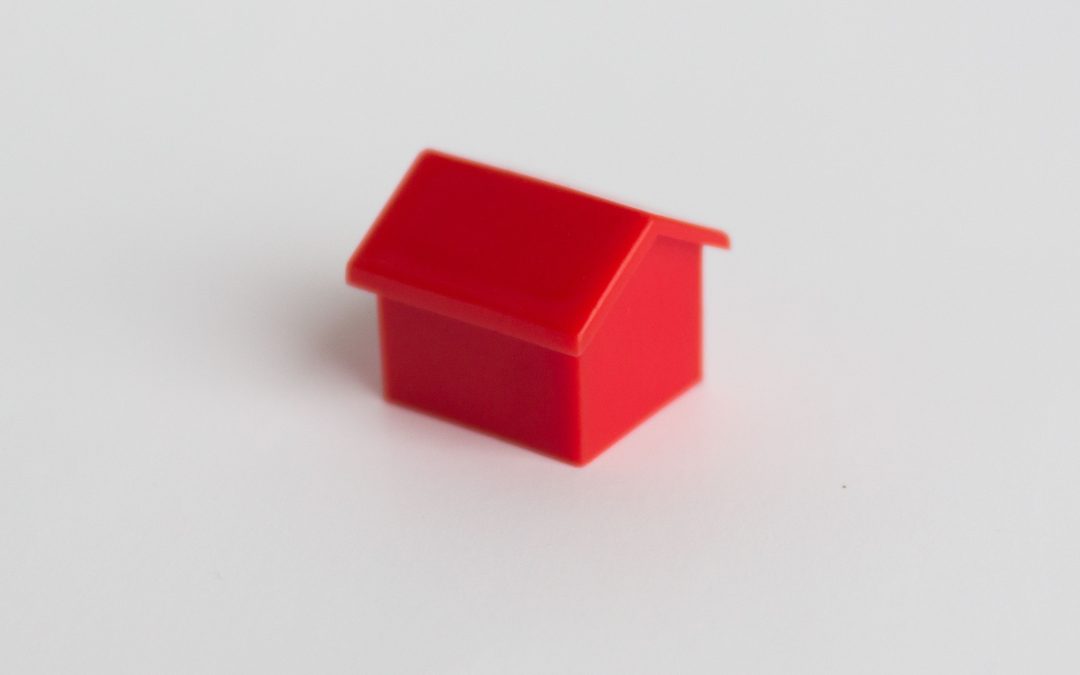Situations come up frequently where a potential client is on the deed to their parent’s or another relative’s house to make it easier when that person passes away for it to already be in the debtor’s name.
The client often is not living in the property, has not paid a dollar towards the property, the property may be paid off, or the property has equity. The client has their own debt and now wants to file for bankruptcy. Unfortunately, this presents a problem. If you are not living on the property, it is not protected by the homestead exemption.
If you are renting, certainly you can move back in with your parents once your lease expires to get the homestead exemption on the property when you file for bankruptcy. You will have a problem if you already own a house. You can only declare homestead and be living on property. In that case if there is equity in the property (which is not exempt), you would need to pay that back to the trustee.
Let’s say there is 100K in equity in the property, you would need to pay the trustee 100K. If you had 100K in liquid cash, you probably wouldn’t be considering bankruptcy.
That would make a Chapter 7 not feasible. You other option is to file a Chapter 13 and pay your debts over 60 months and keep the property. There are significant benefits of doing a Chapter 13. You stop incurring interest on your debts. You might be able to pay it off early. You would need enough disposable income to pay the trustee each month.
Some potential clients cannot afford to do a Chapter 13, so they suggest removing their name off the deed or putting the property into someone else’s name. That too will not work since all property transfers from two years from the date we file the petition would need to be disclosed. Usually transferring property before considering filing for bankruptcy results in worse issues and is not recommended.
If you find yourself in this situation, feel free to contact my office to discuss your options.








